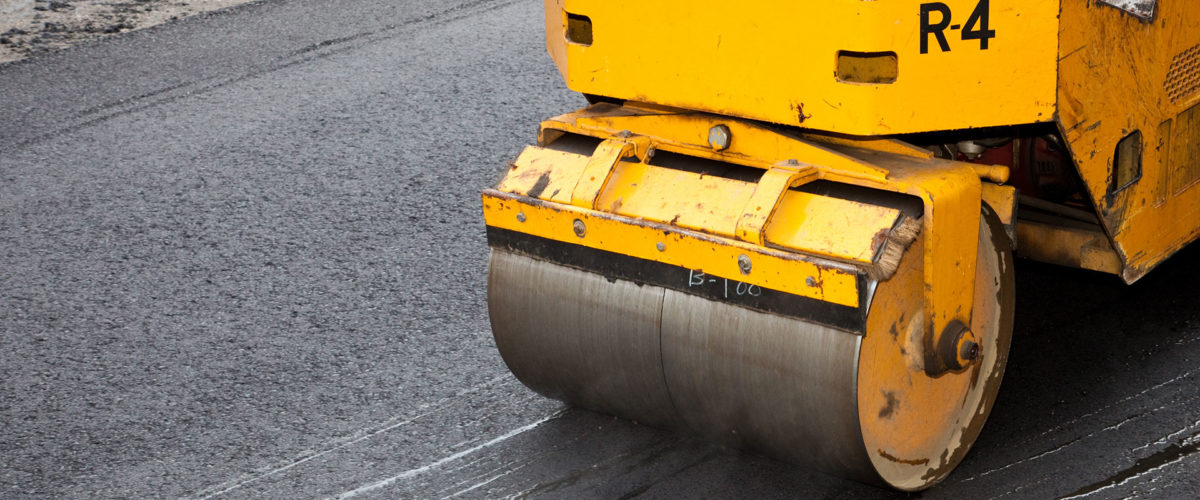Stamford Mayor David Martin is warning that pothole, curb, and sidewalk repairs will be “significantly delayed this year until further notice” unless an ordinance banning the use of asphalt made with fracking waste is amended.
 Martin said the city is unable to directly obtain hot asphalt from asphalt supplier O&G Industries Inc. ”“ based in Wallingford but with locations throughout the state, including in Stamford ”“ under terms mandated by an ordinance opposing the use of fracking waste passed by its Board of Representatives last year.
Martin said the city is unable to directly obtain hot asphalt from asphalt supplier O&G Industries Inc. ”“ based in Wallingford but with locations throughout the state, including in Stamford ”“ under terms mandated by an ordinance opposing the use of fracking waste passed by its Board of Representatives last year.
O&G Industries is willing to certify that there is no fracking waste in its products but with language that differs from the ordinance, Martin said.
The process of extracting oil and natural gas using hydraulic fracturing (or fracking) produces large amounts of liquid and solid waste. Such waste can contain a number of pollutants, such as chemicals, metals, excess salts and carcinogens such as benzene and naturally Âoccurring radioactive materials.
Martin”™s amendment to the ordinance would require contractors to certify under penalty of perjury that after “diligent inquiry of our material suppliers,” they “have no knowledge of the presence of ”˜natural gas waste”™ or ”˜oil waste”™” in the fracking waste contained in the products they use.
Without the amendment, the city”™s Operations Department has for the first time been unable to use a local hot asphalt supplier, according to the mayor”™s office. It is now procuring asphalt from RCA Asphalt, based in Mount Vernon, New York, but “this has created a 70% decrease in efficiency of pothole, curb, and sidewalk repairs this spring,” according to Martin.
In addition, the per-ton cost of asphalt at RCA is $115 vs. O&G”™s $89.66, which the mayor”™s office said represents a total cost increase of approximately $15,000 per year, not including the increased transportation and labor costs.
The city is also in the process of buying additional equipment for approximately $50,000 to obtain another “hot-box” vehicle to obtain asphalt from New York. That would increase operational capacity to nine tons a day, significantly less than the 22 tons per day the city normally requires for spring repairs.
“The administration agrees with the environmental intent of the ordinance and its prohibition on using gas and oil waste products in Stamford,” Martin said. “However, the unique purchasing requirement embedded in the ordinance is causing the city higher expense and delays in pothole, curb, and sidewalk repairs and does not appear to be advancing its intended purpose.”
The Board of Representatives”™ Public Safety & Health Committee will review the mayor”™s request on May 30.


















